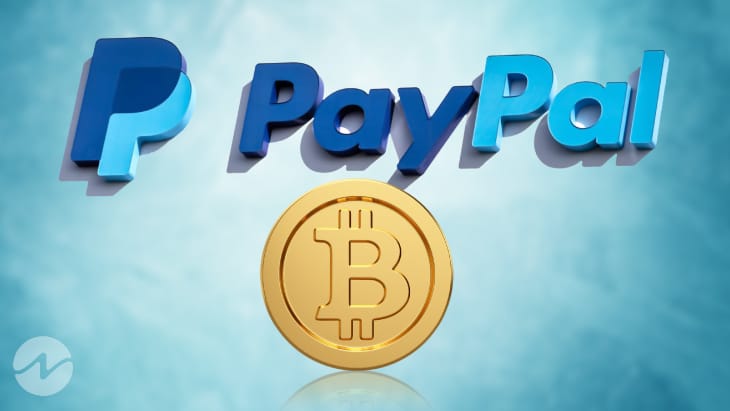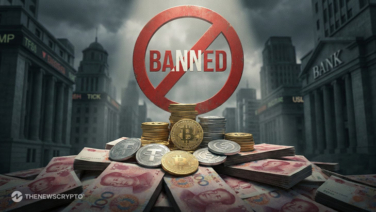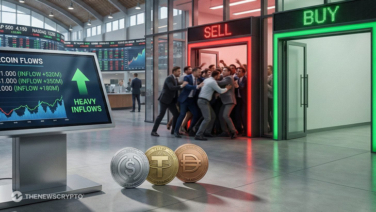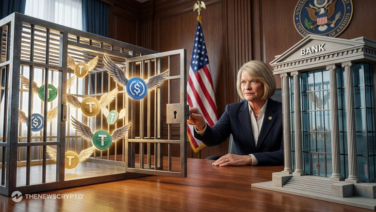PayPal is considering launching its own cryptocurrency stablecoin as a means of sending and receiving payments.
PayPal confirmed to Bloomberg on Friday, January 7th, that it is currently investigating a PayPal stablecoin. Developer Steve Moser found code for PayPal Coin, a stablecoin backed by the US dollar, in the PayPal app.
Jose Fernandez da Ponte, PayPal SVP of crypto and digital currencies stated that
“We are exploring a stablecoin; if and when we seek to move forward, we will, of course, work closely with relevant regulators.”
A PayPal spokesperson verified that the code and photos originated from the company’s blockchain, crypto, and digital currencies division’s internal hackathon.
PayPal’s stablecoin plans were revealed when a “PayPal Coin” logo that was included on the company’s iPhone app as part of its exploratory testing into its own token was shared with the media. The startup already allows retail consumers to purchase and trade a limited number of cryptocurrencies, including Bitcoin, Ethereum, Litecoin, and Bitcoin Cash, for as little as $1.
PayPal has typically been used for retail and peer-to-peer payments rather than investing. When PayPal first introduced the option to purchase and trade cryptocurrency, it was ecstatic with the response and the app’s stickiness.
By tying a PayPal wallet to bank accounts and credit or debit cards, PayPal is heavily reliant on existing payment rails. The average transaction cost to PayPal is 0.81%. Customers who pay using credit and debit cards rather than bank account balances or PayPal balances, naturally, cost the organisation extra.
PayPal is now one of the world’s largest wallet providers, with over 400 million customers. However, when digital currencies become more widespread, there will be far more competition in the wallet space. Already, Diem is a stablecoin developed by Meta Platforms Inc., formerly Facebook, and Visa Inc. has permitted a stablecoin backed by the US dollar to settle a transaction with the network.
PayPal will also get the funds faster with a stablecoin than with debit or credit cards, thus lowering costs.
PayPal may save a large amount of money on transaction costs by using a high transaction throughput blockchain like Solana. The company does not presently enable customers to buy or sell Solana (SOL) on its platform, and it is unknown which blockchain it will utilise to distribute its stablecoin.
The true impact of a PayPal Coin depends on how the company implements the stablecoin. It has the potential to integrate crypto into regular payment systems, but it also has the risk of becoming “just another” stablecoin. Several years ago, crypto enthusiasts could only dream of such a scenario, before Bitcoin traded in five-figure territory, which shows just how far it has become within a short period of time.








